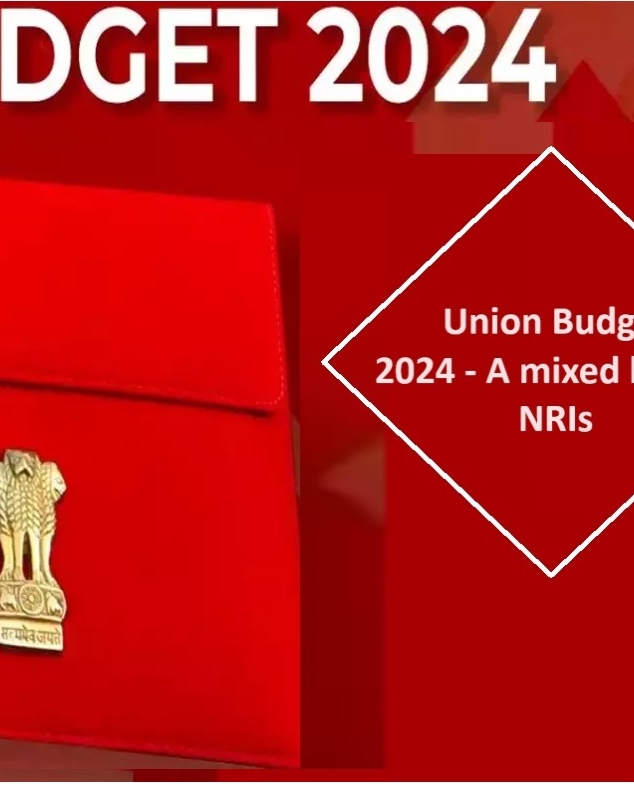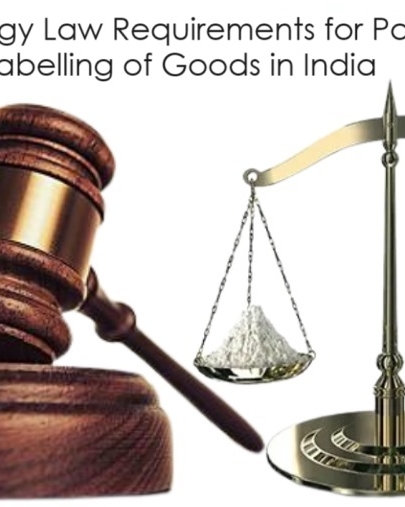Transfer of Property in favour of family members- Stamp Duty Reduction in Uttar Pradesh
Author: Sunil Tyagi, Managing Partner and Sangini Tyagi, Senior Associate, ZEUS Law Associates
Published in https://www.moneycontrol.com/ on 08th August 2023
In a significant move aimed at promoting intra-family property transfers, the Uttar Pradesh government had on 18th June, 2022 taken a progressive step by fixing the maximum limit of the stamp duty chargeable on gift deed to INR 5,000/-. However, this reduction was for a period for 6 months commencing from 18th June, 2022. The Uttar Pradesh government vide its notification dated 3rd August,2023 has again revived and extended the stamp duty reduction until further orders (“said notification”). This article highlights the important aspects in respect of the said stamp duty exemption.
- What is the scope of reduction on stamp duty?
As per the said notification the reduction of the stamp duty is applicable for transfer of immovable property in favour of family members being father, mother, husband, wife, son, daughter, daughter-in-law (wife of son), son-in-law (husband of daughter), real brother (his wife in case of death of real brother), real sister and son/ daughter of son/ dauhter.
- What is the difference between the stamp duty chargeable earlier and applicable stamp duty now?
If the reduction is not applicable, the stamp duty chargeable in Uttar Pradesh on transfer of a property in family members or outside blood relation attracted a stamp duty of 7% of the value of the property mentioned in the transfer instrument or 7% of the circle rate of such immovable property, whichever is higher. However, the same has was reduced vide above notification to INR 5,000/- which is chargeable as stamp duty for transfer of immovable property by an individual in favour of his/ her family members.
- Is this reduction applicable on all types of property?
- The said notification specifically provides that the reduction of stamp duty is applicable on gift of residential and agricultural properties.
- Further the said notification pertains exclusively to the gift of property between real individuals. It does not apply to gifts involving fictitious persons such as Firms, Companies, Trusts, and Institutions, whether they are the donor or recipient of the gift.
- A restriction has been imposed in case the property is received through a Gift Deed and subsequently gifted by the recipient within five years from the date of registration, then such gift of the property will not be eligible for coverage under the said notification.
- What would be the effect of this reduction?
This reduction is likely to promote a sense of security and trust within families, as members will have the opportunity to acquire property from their loved ones without the additional financial strain of stamp duty. This is particularly important for families with limited financial resources, as it enables them to secure their future without unnecessary financial hurdles.
Additionally, such an reduction would facilitate the process of restructuring and distributing immovable properties through family settlements easier and less complex since the families would not be required to transfer the properties through a WILL which is a preferred mode for transferring immovable properties to the children in order to avoid stamp duty implications. However, this approach often results in future complications as WILL(s) are open to challenge in court and often leads to ugly family disputes. Pursuant to the said reduction, property may be transferred by between family members without incurring heavy stamp duty and such transfer shall ensure a clear transfer of title.
- Is the reduction applicable on registration charges and any other charges also as are required for the transfer of property?
There is reduction in stamp duty for transfer of immovable property in favour of family members, the registration fee of 1% will still be applicable based on the consideration or value calculated for stamp duty purposes, whichever is higher. Moreover, for certain areas like NOIDA, permission must be obtained, and applicable transfer charges would be required to be paid to the relevant authority, such as the NOIDA Authority, prior to the transfer of subject property.
The Uttar Pradesh government’s decision to waive stamp duty on property transfers to family members is a commendable initiative that demonstrates a progressive approach towards supporting families and the real estate sector. By easing the financial burden and encouraging intergenerational property transfers, this policy is poised to strengthen family bonds and contribute positively to the state’s economic growth. As the policy takes effect, it is expected to generate widespread interest among property owners in the state, encouraging them to explore the possibilities of intra-family property transfers. Overall, this move marks a significant stride in the direction of enhancing ease of property transfers and fostering a conducive environment for the real estate sector in Uttar Pradesh.
***























